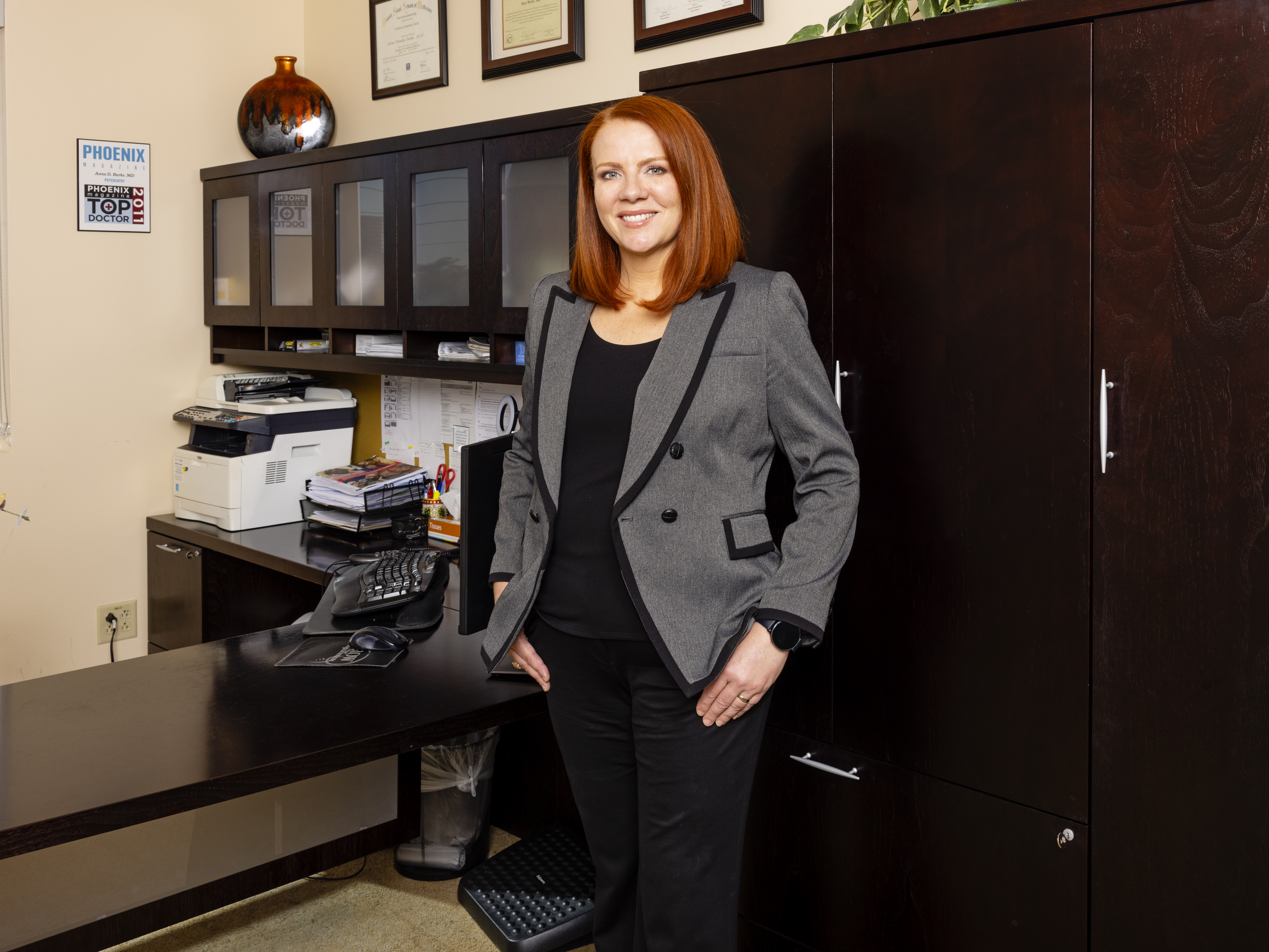AARP Hearing Center

More than 6 million Americans have Alzheimer’s disease, but successful treatments remain elusive despite decades of research.
Now, researchers in Arizona are exploring a new strategy: taking an existing technology known as deep brain stimulation used to treat illnesses such as depression and seeing whether it could also help slow the progression of Alzheimer’s in the early stages of the disease.
The Barrow Neurological Institute, in Phoenix, is exploring the strategy as part of an international trial. Researchers implant electrodes in patients’ brains to stimulate the fornix—the area of the brain that controls memory—hoping the stimulation can slow cognitive decline.
“We are cautiously optimistic,” says neuropsychiatrist Anna Burke, M.D., director of the Alzheimer’s & Memory Disorders Program at Barrow, and a principal investigator for the trial.
Alzheimer’s research has long looked at strategies to reduce amyloid plaque clusters and tau proteins that may interfere with the brain’s functions. So far, it hasn’t worked. The disease is a type of dementia that causes problems with memory, thinking and behavior.
Burke has a new approach. As of September, 66 patients (43 in the U.S., eight in Canada and 15 in Germany) had been implanted, and the trial is in the final phase before seeking approval of the treatment from the U.S. Food and Drug Administration. Deep brain stimulation has already been approved for Parkinson’s disease and epilepsy and is being studied in other conditions.
“While further research is needed, the results of this trial sound quite hopeful for people 65 and older, with the potential to slow progression,” says Sarah Lock, executive director of the Global Council on Brain Health, which AARP coordinates.
A lucky find
All of this came after a bit of luck.
Andres Lozano, M.D., a neuro-surgeon in Toronto, was testing deep brain stimulation on a morbidly obese patient, hoping that it might induce satiety, and therefore weight loss. As Lozano increased the stimulation, the patient had an influx of vivid childhood memories. When the stimulation was reduced, the memories would fade.
With Alzheimer’s, Burke found that patients who responded best were in the milder stages of their illness. Those over age 65 did better than younger people.
Burke says imaging showed that areas of the brain that normally shrink during the disease’s progression actually grew in some patients.
“It is not for people in more advanced stages of Alzheimer’s,” she says. “It is just for patients crossing over from mild cognitive impairment into mild dementia—those who are starting to have problems managing finances, with medications or using electronics.”
Burke says the device is similar to a pacemaker for the heart. The first year patients are in the study, they are all implanted with the device, but half of them aren’t turned on, thus creating a control group. In the second year, all devices are turned on.
Burke points to one patient, Ann Alderson, who during her first year in the study was in the placebo group. (Alderson shared her story publicly.) Then, in 2015, her device was turned on.
“Her husband noticed significant improvement in her ability to think and function,” Burke says. But she notes that while the disease’s progression slowed, it didn’t stop. Alderson died in 2021, at age 82.
For information on this study, go to barrowneuro.org/memory and click on News.
Visit aarp.org/brainhealth for AARP resources on Alzheimer’s disease. Find additional information at alz.org.
Susan Berger is a writer in Chicago.































































